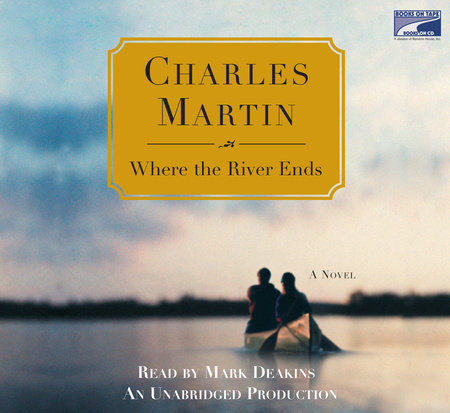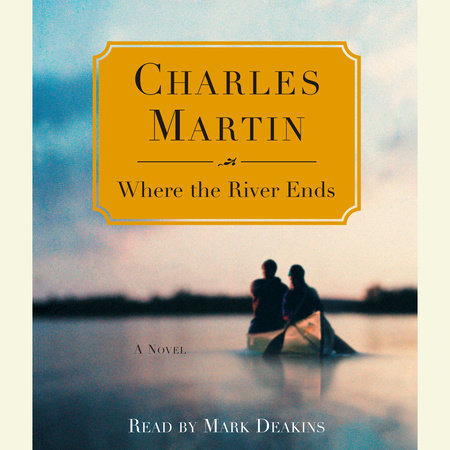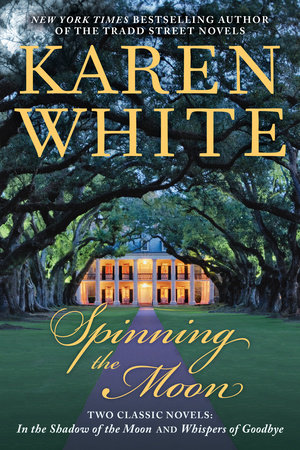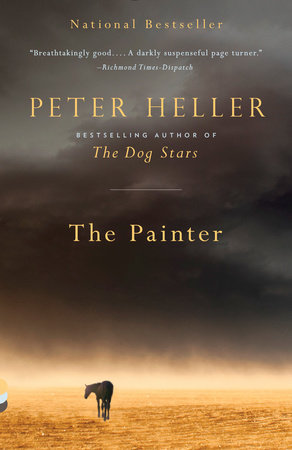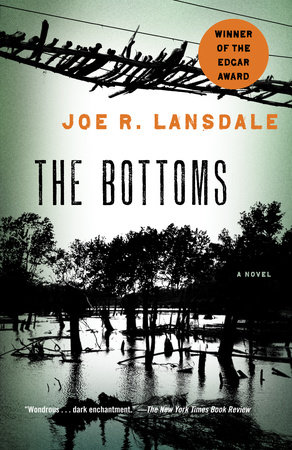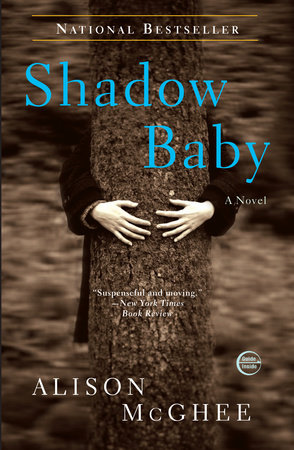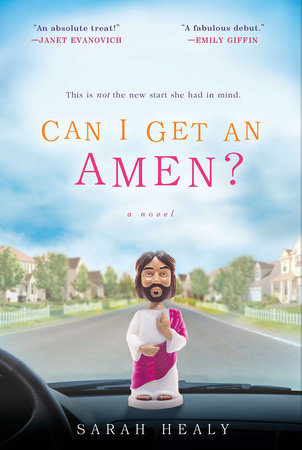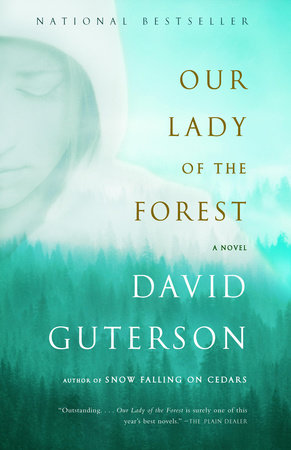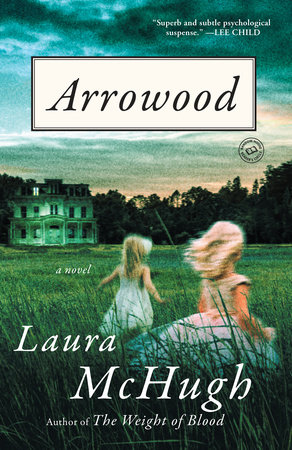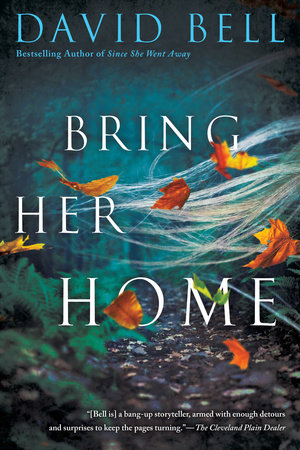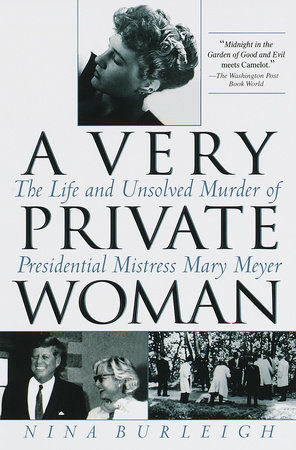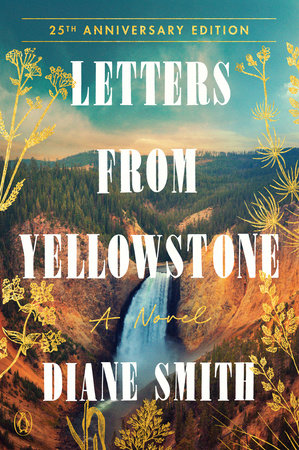Author Q&A
Q. You have said that Where the River Ends was partially inspired when you heard the true story of a man who sent divorce papers to his dying wife. In your opinion, what separates men like Doss from those who cannot find it in their hearts to be caregivers? Deep down, does everyone have the potential to be as loving as Doss and Abbie?
Charles Martin: Good grief! You would have to start with something like this. Make me feel like Dr. Phil right off the bat. Let me try and answer the second question first as I’m not sure I can answer the first. In short, “Yes,” we all do. All the same potential. Do we all use it? Not hardly. Myself included. In my own case, the hurdle to my loving Christy like Doss loves Abbie is, 99% of the time, my own selfishness. It’s an ugly thing. Does of nasty job of getting in the way. From bailing on helping with dinner, to not stopping at the store at the last minute to pick up something I know she needs, to passing by dirty laundry without filling my arms, to not mowing the yard without having to be asked, to going for a run right when I want rather than asking what she needs, to not telling her she ought to go treat herself to a pedicure or a new pair of Lucky jeans, to…the list goes on. In truth, Christy is far more deserving of love than I give her. I’m working on it, but I fall down. The good news is that she cuts me a good deal of slack and forgives me–which I need.
Reading over this, I’m impressed with the idea that this is one of the biggies. I mean, how do you convince a man, or make a man, love one woman. Even when it’s tough. And do so with his whole soul. More than he loves himself–because, and I don’t care what any other guy tells you–we’re all guilty of this.
I don’t feel like this answers your question, but I’m not sure there is one this side of heaven. If you really want to know what I think, read my book. 😉
Q: A fourth-generation Jacksonvillian, you grew up on the banks of the St. John’s River in Florida. What are your best childhood memories of the river? How have your impressions of that landscape changed throughout your lifetime?
CM: My childhood was a healthy mixture of Huck Finn meets The Outsiders. We spent a good time either canoeing on the surface, skimming rocks across the ripples, fishing the bottom, counting mullet jumps out beyond the end of the dock or swimming in it and trying to touch a manatee. The St. Johns is part of me. Always has been. As a kid, I woke up most mornings and went to bed most evenings looking at it or thinking about it. I imagine that my relationship with it, somewhere way down in my psyche, fed my interest in the St. Mary’s and the possibility of crafting a story there. If you look at all my stories, water is involved in some capacity. Even in the story I’m crafting now–my seventh. I can’t explain this–others have offered me their own theories–but I’m not so sure. There is just something inexplicable with me and water.
Q: You completed extensive research while writing this novel. What discoveries surprised you the most?
CM: Off the top of my head–kayaks rock, alligators are attracted to orange more than khaki, cancer is evil, divorce sucks, topographic maps are a good thing, so are cell phones, hatching mosquitoes are hungry and looking for something to eat, a bald woman after having had a double mastectomy and three courses of chemo is still magnificently beautiful, pigmy rattlers swim near the shore after dark, good friends can’t be bought and they come prepared, cancer is evil, doctors who fight cancer have my deepest respect, so do their nurses, Charleston is a beautiful town, as is St. Mary’s, fathers who cry at their daughter’s graveside humble me, fried shrimp tastes better with beer and a gentle breeze, it’s easier to paddle a kayak than pull a canoe, duct tape really does have ten million uses, I never learned how to pack light, cancer is evil, I have the greatest job in the world…
Q: Which authors serve as your inspiration for fiction? What books have you read in the past year?
CM: In the past year? I can’t remember what I read last week. I grew up on Louis LaMour, J.R.R. Tolkien, and C.S. Lewis. Robinson Crusoe is my favorite book, followed closely by Huck Finn. In truth, I don’t understand much of the fiction I read, although I’m beginning to understand more the more I write. Stephen King is one of the finest craftsmen in the business. I have a lot of respect for John Krakauer, Hampton Sides and Stephen Ambrose. John Grisham’s cadence resonates with me. Clive Cussler takes me places I like to go. If I could only have one book from the Bible I’d take the Psalms.
Q: What effect do you want Where the River Ends to have on readers? How would you like their lives to change as a result of reading your novel?
CM: I’ve said this in other interviews, I’ll repeat it here: As I get older, and life dings me more, I end up with these calloused places on my insides. Like fish scales on my heart. I’ve learned I’m not alone in this. If I can write stories that somehow circumnavigate the hard places…maybe reach around the back, where it’s still tender and touch someone in some place where maybe they haven’t felt in a while, touch something tender, make them want something they haven’t wanted in a while, hope something they haven’t hoped, love somebody, forgive, find some freedom, then I will have done some of what I set out to do.
Q: What was it like to make the leap from a life in business to life as a writer?
CM: Scary. Most of my family thought I was nuts. In truth, I probably was. Maybe I still am. BUT, if I have issues I need to deal with, and I deal with them, then chances are good I’ll quit writing books, so I think I’ll keep my issues. My writing seems to be where I work them out.
I was miserable in business. Grateful to be making a paycheck, but miserable. To make a long story short, I wanted out and Christy gave me the freedom to chase my pipe dream. People have heard the details of my story and told me that I’m tenacious, showed perseverance, etc. In part, this is true, but without Christy, I’m not here and you’re not reading this interview. In the face of some pretty strong family pressure, Christy kissed me and gave me the freedom to chase the impossible. Maybe the second greatest gift I’ve ever been given.
Q: Describe your writing process. Where is your favorite place to write? What steps do you follow when producing a manuscript?
CM: Our house has no garage. Just a carport. So, to house all the stuff that should be in a garage, we bought this shed-looking thing. Metal building, two windows, plywood floor, one big door. We had it drop-shipped in a corner of our backyard. We then stuffed if with lawn equipment, Christmas decorations, kayaks, etc. Two years ago, when the noise from our three boys drove me out of the house, I unpacked the shed and paid a carpenter to finish it out. Carpet, trim, paint, a window a/c unit. I slid a desk in there, pointed my router toward the shed and I’ve been there ever since. It’s not much and I’d hate to try and ride out a hurricane in it, but it’s quiet and it’s quiet and it’s quiet.
I’m best in the early mornings. Like from 4 am. To 7 or 8. By 2 or 3pm, my seat has had all it can endure so I get up and go for a run or ride or something.
When I’m working on a first draft, I make myself (or try to) reach a word quota. Maybe 1500 words. Sometimes, it’s two or three thousand. Somedays–when the words don’t come–I’m lucky to get a page. When I’m editing, I set a page goal out there. Like 25 pages, or 50 or whatever. For me, writing and editing require different energies.
When the monotony drives me out of the shed, I’ll drive up to Dunkin Donuts where I have my own table. I don’t eat the donuts but I do like their coffee.
My process of creation is different now than it was seven books ago, but, in each case, I can’t begin until I know the beginning and the end. I can figure out the middle, but not the destination. And usually there’s a theme driving me. Like, a dying woman’s last wish and the husband who tries to make it come true. When I’m honest I will tell you that writing books has gotten harder. More difficult. Not easier. And that’s good.
Q: Your family is clearly the focus of your life. How did you meet your wife, Christy? Are there any parallels between Christy and Abbie? What do she and your sons think of having a writer in the house?
CM: My freshman year of college, I played football at Georgia Tech. Actually, I walked on, got hurt and they carried me off. Career over, dream dead. That summer, Christy and I met through a mutual friend. The three of us went to dinner, I fell in love, asked her out. We dated almost five years. Married in ’93. Summer ’08 will be fifteen years.
When I first started writing what became my first book, The Dead Don’t Dance, I told myself I was going to create a female character who looked and sounded nothing like my wife. Figured I wouldn’t let people in. Keep the reader at a distance. Not let them smell my laundry. I got about forty pages into the book and my female lead, Maggie, was sterile, two-dimensional–a cardboard construction that even I didn’t like her. I hit the delete button and said, “Write what you know.” Maggie and Christy are a lot alike. Even today, my grandmother will call the house and ask for Maggie. Now, several books down the road, there are similarities, but my craft has improved. (So I’m told.) And so have my female leads. At their core, they’re similar, because I only have experience with one wife, but in practice, they differ–i.e. Abbie’s mannerisms are not Christy’s. Hopefully, that means I’m improving as a writer.
As for what the boys think about their dad as a writer…I’m not sure. Charlie, our ten year old, has now read three of my books–and I didn’t give them to him. He picked them up himself. It’s been fun to talk through them with him. He doesn’t ‘get’ all of it, but he understands more than I thought he would. That surprised me. He was forty pages into The Dead Don’t Dance when he said, “Daddy?” “Yeah, buddy.” “Does Maggie wake up?” (She’s in a coma.) I smiled. “That’s why you read the book.” A few nights later, he walked in our room where I was flipping channels and he leaned against the bed. He was quiet a minute. Finally, he said, “I like Amos. And Bryce. I like your characters.” “Thanks, pal.” As for John T. (8) and Rives (5), I think they are just starting to think through the fact that my being in the shed for long hours translates into books on a shelf, and thankfully, food on the table. (Oh, if you bought this book then you had something to do with dinner last night, so thank you.)
Q: What inspired you to place Doss in the art world when you were choosing a career for him? Is the life of a painter comparable to the life of a fiction writer?
CM: I often look at what I do as painting. Each day, I walk in here, sit down and stare at a blank canvas. I color with words, Rembrandt with a brush. We’re both tugging at emotions and telling stories. Admittedly, he’s better. I’m a work in process. Are they comparable? To a point, but I can’t paint my way out of a wet paper bag so don’t let me pretend like I know what I’m talking about.
As for Doss? When I first ‘saw’ him, he was covered in paints, holding a brush and staring at a blank canvas. I can’t explain that.
Q: What are you writing now? Where will your next book take you?
CM: That is a very good question. I’d like to know that answer myself. Did my editor put you up to this?
I’ll say this: it deals with addiction, a has-been musician and takes place in the mountains of North Carolina. It’s based on this idea: people don’t just all-of-a-sudden wake up and say, “Gee, I want to be addicted to Oxycotin, crack, alcohol, or whatever.” Something causes this. In my experience, that something is pain. Us guys are famous for this. (People will argue this but I’m giving you my take on it.) Anyway, the ripple effects are crushing. But, as devastating as it is and can be, addicts are not the living damned. What I’ve learned is that the ride to the bottom is something akin to a waterslide. Fun, fast and difficult to get off. Once you’ve splashed at the bottom, the only way out is a ladder. It’s length depends on the depth to which the person fell and climbing it may be the single most difficult thing they ever do. Tough as hell? Absolutely. Agonizingly painful? Yup. Can it destroy you and those you love? In a heartbeat. Do people fall back down? All the time. Drown at the bottom? Everyday. Life is a choice. But that doesn’t change the fact that at the other end is hope. And freedom.
And that’s worth writing about.










